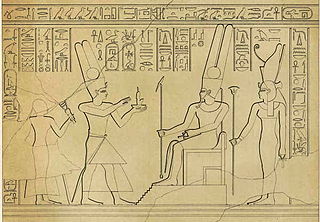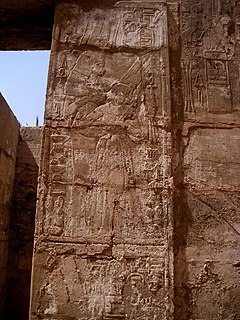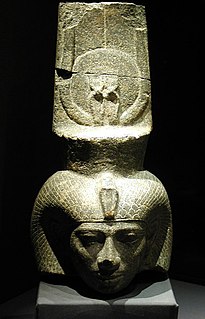 W
WAbar was a Nubian queen of the Kingdom of Kush dated to the Twenty-fifth Dynasty of Egypt. She is known from a series of stela found in Sudan and Egypt. Her appearances mark her as the niece of King Alara of Nubia, the wife of King Piye and the mother of King Taharqa.
 W
WAmenirdis I was a God's Wife of Amun during the 25th Dynasty of ancient Egypt. Originating from the Kingdom of Kush, she was the daughter of Pharaoh Kashta and Queen Pebatjma, and was later adopted by Shepenupet I. She went on to rule as high priestess, and has been shown in several artefacts from the period.
 W
WKhensa (Khenensaiuw) was a Nubian queen dated to the Twenty-fifth Dynasty of Egypt.
 W
WNasalsa was a Nubian queen of the Kingdom of Kush dated to the Twenty-fifth Dynasty of Egypt. She is known from a shabti, some inscriptions on tablets and cups, text on the stela of Khaliut, a dedication inscription and a text from Kawa. Dodson mentions that Nasalsa is named on the Enthronement Stela of Atlanersa and on the Election and Adoption Stelae of Aspelta. These stelae were from Gebel Barkal.
 W
WPebatjma was a Nubian queen dated to the Twenty-fifth Dynasty of Egypt. She was the wife of King Kashta. She is mentioned on a statue of her daughter Amenirdis I, now in Cairo (42198). She is also mentioned on a doorjamb from Abydos.
 W
WPeksater (Pekerslo) was a Nubian queen dated to the Twenty-fifth Dynasty of Egypt.
 W
WQalhata was a Nubian queen dated to the Twenty-fifth Dynasty of Egypt.
 W
WShepenupet I or Shapenewpet I was God's Wife of Amun during the Twenty-third Dynasty of Egypt.
 W
WShepenupet II was an ancient Egyptian princess of the 25th Dynasty who served as the high priestess, the Divine Adoratrice of Amun, from around 700 BC to 650 BC. She was the daughter of the first Kushite pharaoh Piye and sister of Piye's successors, Shabaka and Taharqa.
 W
WTabekenamun (Tabakenamun) was a Nubian queen dated to the Twenty-fifth Dynasty of Egypt.
 W
WTabiry was a Nubian queen dated to the Twenty-fifth Dynasty of Egypt.
 W
WTadibast III was an ancient Egyptian queen consort during the late Third Intermediate Period, around the second half of the 8th century BCE.